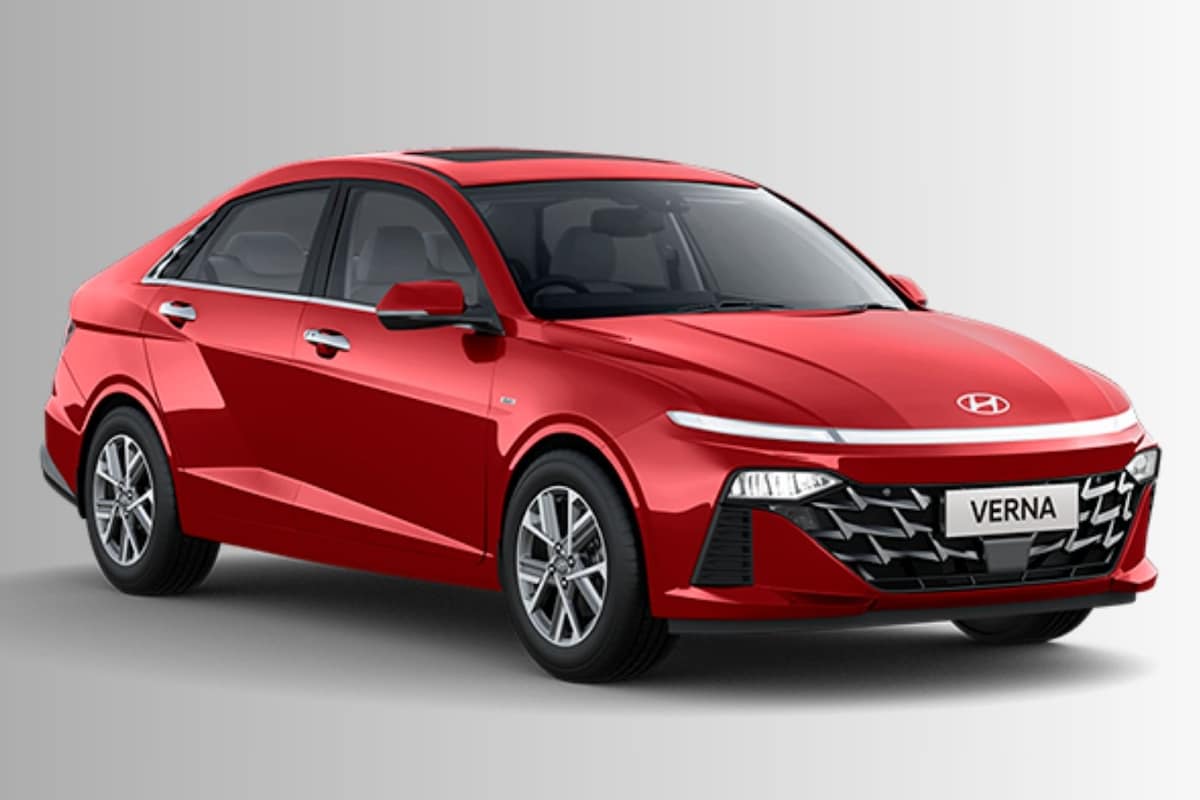
Hyundai Motor India Limited (HMIL) crossed a major landmark in sustainable manufacturing, having tested over 4.25 million engine units using its innovative cold bed engine testing technology - a process that eliminates the need for fuel, coolant, and water. In a first-of-its-kind approach, Hyundai has replaced traditional fuel-based engine testing with a fully electric, zero-emission system powered by renewable energy. Introduced in 2013, this cold bed testing method uses electric motors and smart sensors to evaluate engine performance, making the process not just cleaner but also more precise.
Also Read: Hyundai Motor India Begins Engine Manufacturing At Talegaon Plant

The switch to cold bed engine testing allowed HMIL to prevent over 2 million kilograms of CO2 emissions, aligning with Hyundai's global goal of achieving carbon neutrality by 2045. In addition to its environmental benefits, the company estimates operational cost savings of nearly USD 1 million, while also enhancing workplace safety and testing efficiency.
Also Read: Hyundai Ioniq 5 Facelift Spied Testing

Unlike conventional hot testing methods that rely on burning fuel, cold bed engine testing involves placing each engine into a dedicated station where an electric motor rotates the crankshaft. A suite of high-tech sensors then monitors various performance indicators - such as crankshaft angle, engine compression, and chamber pressure - to ensure every unit meets Hyundai's quality benchmarks.
All data from these tests is stored digitally, contributing to ongoing research and allowing engineers to track long-term trends for continuous product improvement. The fully automated system is also integrated with Industry 4.0 protocols, reinforcing HMIL's push towards smart manufacturing.
Track Latest News Live on NDTV.com and get news updates from India and around the world
